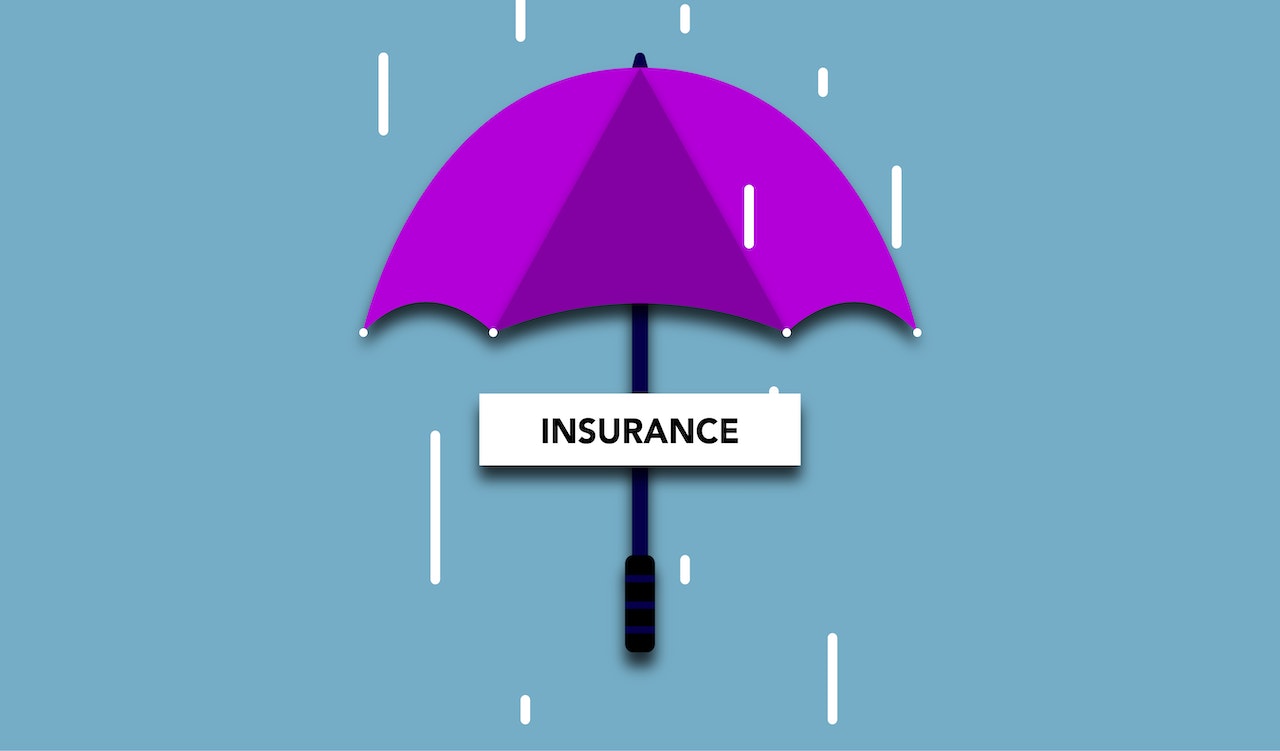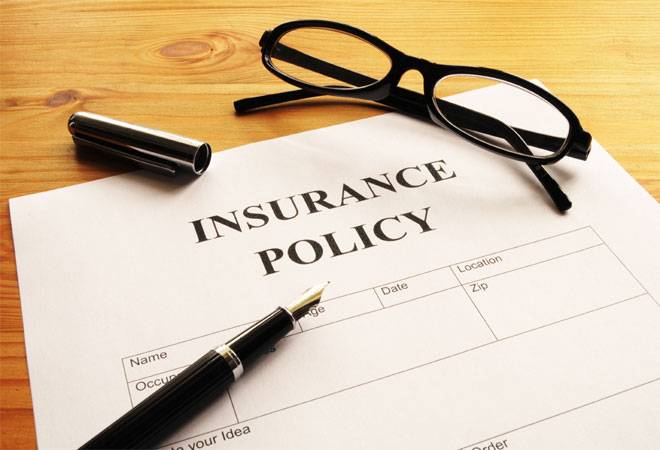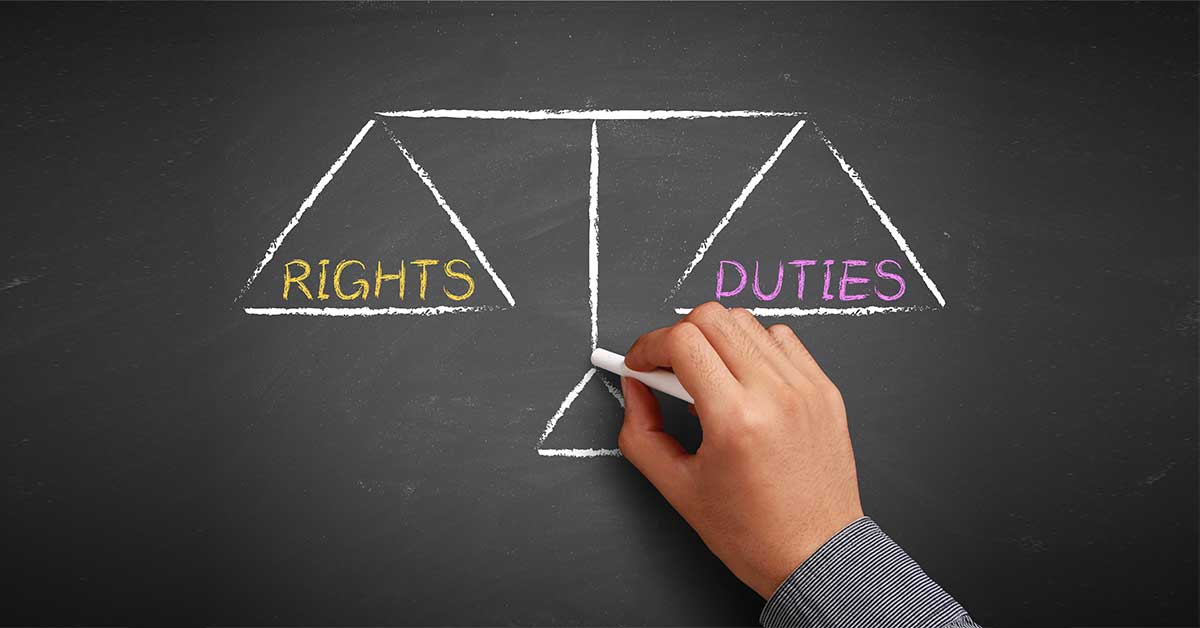Your Obligations and Rights in Relation to Your Insurance
Your Obligations and Rights in Insurance
Table of Contents
What steps will you take if you discover that you were offered the incorrect policy? Imagine if a salesperson misrepresented the advantages and returns of the insurance they sold you or misled you about the kind of policy it was, telling you it was a periodic monthly policy when in fact it was one monthly fee policy. What are your plans in such case? After paying the first payment and taking into account the fact that this loss was predetermined, are you going to keep the same insurance or will you cancel it? Struggle for your liberties with one of the other available options.

However, there is a free lock-in period of fifteen days included in practically all contracts. During this time, policyholders have the opportunity to cancel their coverage and get a full reimbursement of any premiums already paid to the insurer. However, when the lock-in time has passed, it will be difficult to cancel the insurance and get reimbursement of any payments made.
The Rights of Those Who Hold an Insurance Policy
A person who has a policy has the legal right to see all of the information related to that regulations, including the conditions of use. The policyholder has the ability to obtain the terms and conditions of the policy in written form in the format of policy papers at any time throughout the period of the policy’s validity. A policyholder has the ability to terminate his or her own insurance coverage during the first 15 days from the date the sale of the regulations, which is referred to as the initial lock-in period.
The policyholder has the option of sending the policy back with an explanation of their disagreement. The policyholder has the right to get a full reimbursement of any pre-paid premiums while this period is in effect. In the event that the policyholder passes away, the nominee for the policy is the person who is entitled to make a claim on the funeral expense amount.

Prior to purchasing the Policy, the Obligations of the Holder of the Policy
The owner of a policy is responsible for doing enough research on that policy, which should take into account all of the other plans that are currently offered on the market. It is crucial to evaluate your affordability before purchasing a policy. This involves determining how much of a monthly premium you are able to pay without causing a significant strain on your budget. Under no circumstances should you ever sign the insurance paperwork before carefully reading and comprehending all of the Conditions and circumstances. It is also extremely crucial to provide evidence of the right nominee data. If any of the information that you provide is inaccurate, your chosen nominee will have no chance to receive the payments in the event that you are unable to do so.
Following the Purchase of the Insurance Obligations
Check to see if there is any document that you need to send after gaining the permission, as well as any document that you weren’t able to provide at the time when papers were being submitted. In the event that you do not get your insurance documentation within the allotted time frame of 15 days, you should get in touch with the company that provided you with the policy. Check and carefully check the advantages, phrases, and limitations outlined in the policy papers with the information that was provided to you at the time that you purchased the policy. In the event that you discover a disparity, you should seek explanation from the insurance provider.

Responsibility of the Policyholder Throughout the Entire Term
- Always make on-time payments of the premium for your insurance, and do your best to avoid missing the payment scheduled for your coverage.
- Always be sure to keep your insurer up to date in the event that any of your personal data, such as your address or bank account number, change.
- A policyholder is free to replace his or her nominee whenever and whenever they see fit during the duration of their coverage. Consumers just need to notify the insurance and fill out a paperwork outlining the change for it to take effect.
- In the event that you cannot locate the policy document, you are required to contact the provider of your insurance in order to get duplicate copies of the document.
- When making a claim, it matters for you to work with the insurers.





Leave a Reply